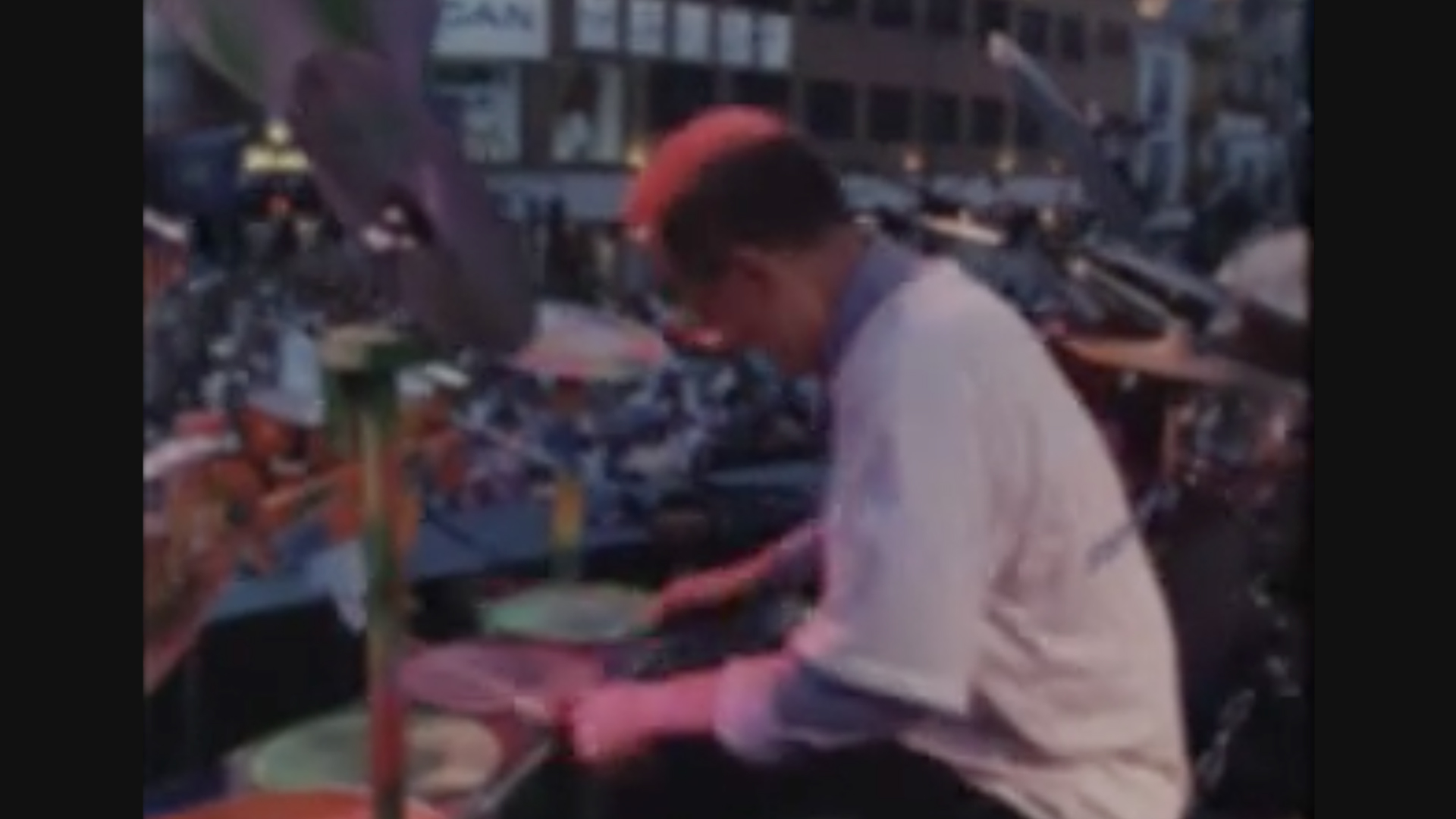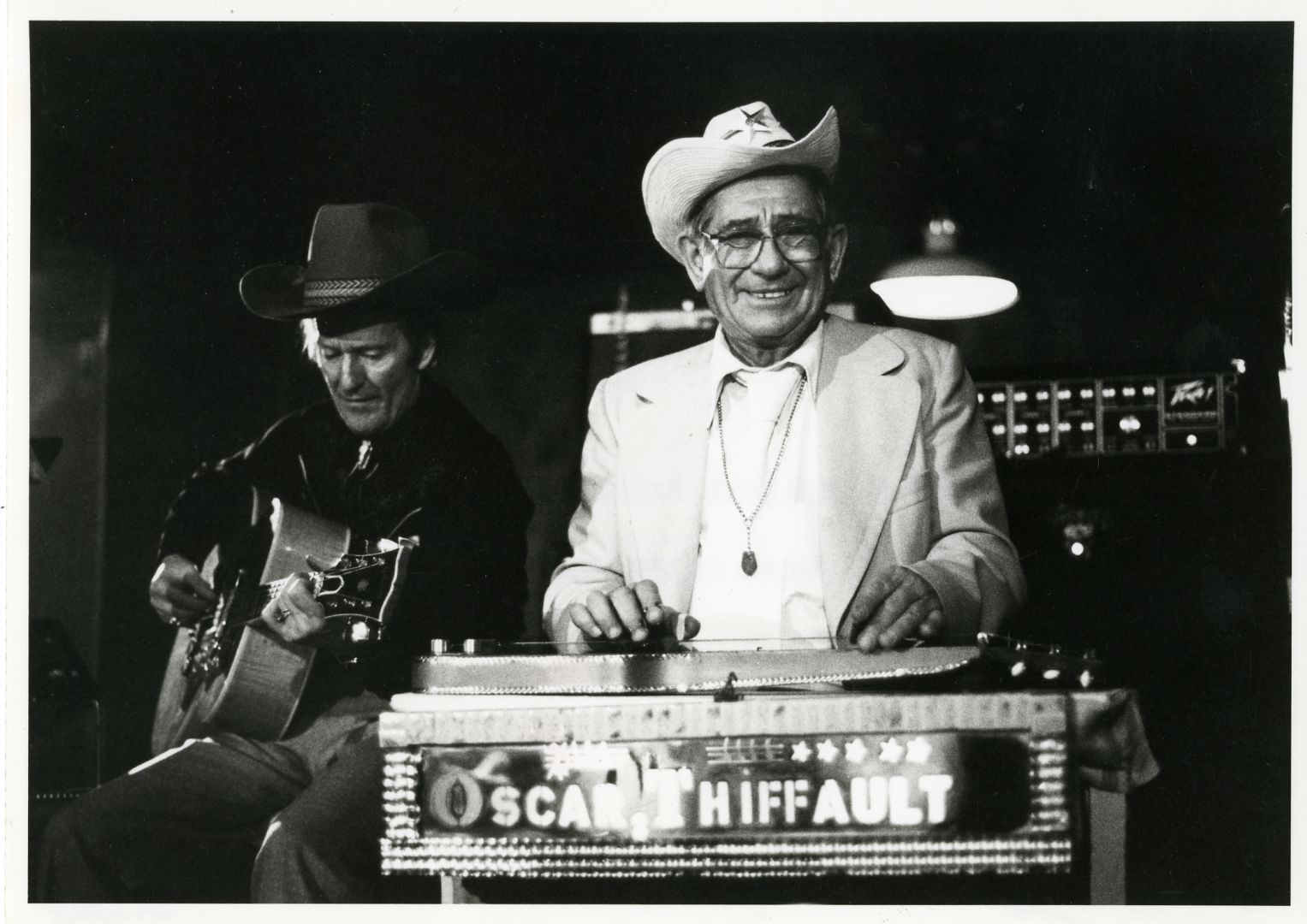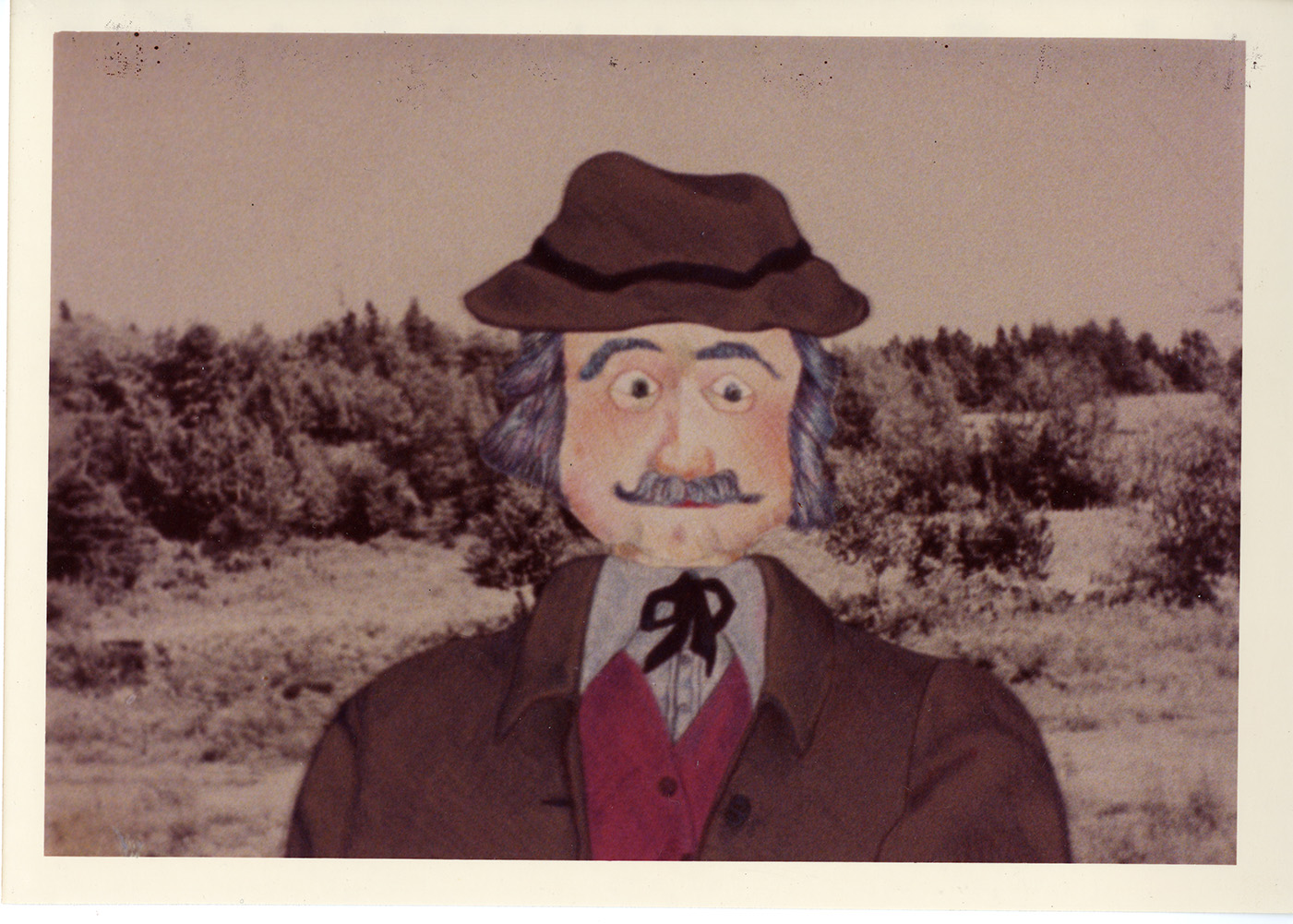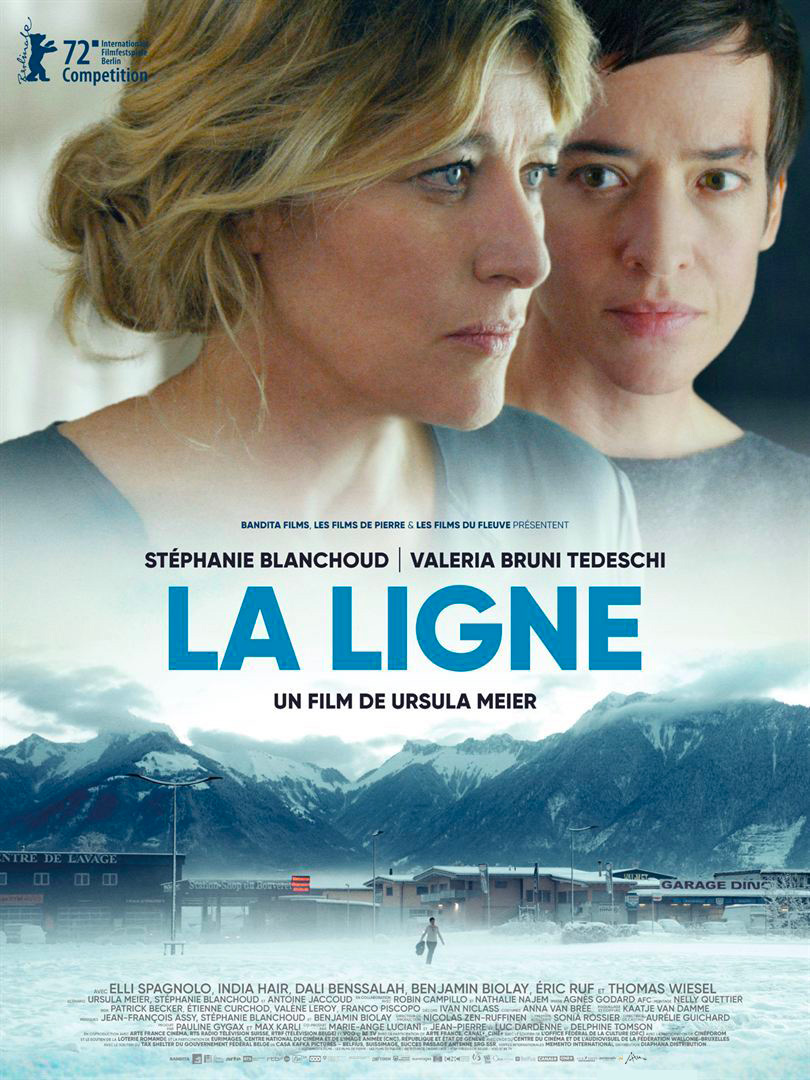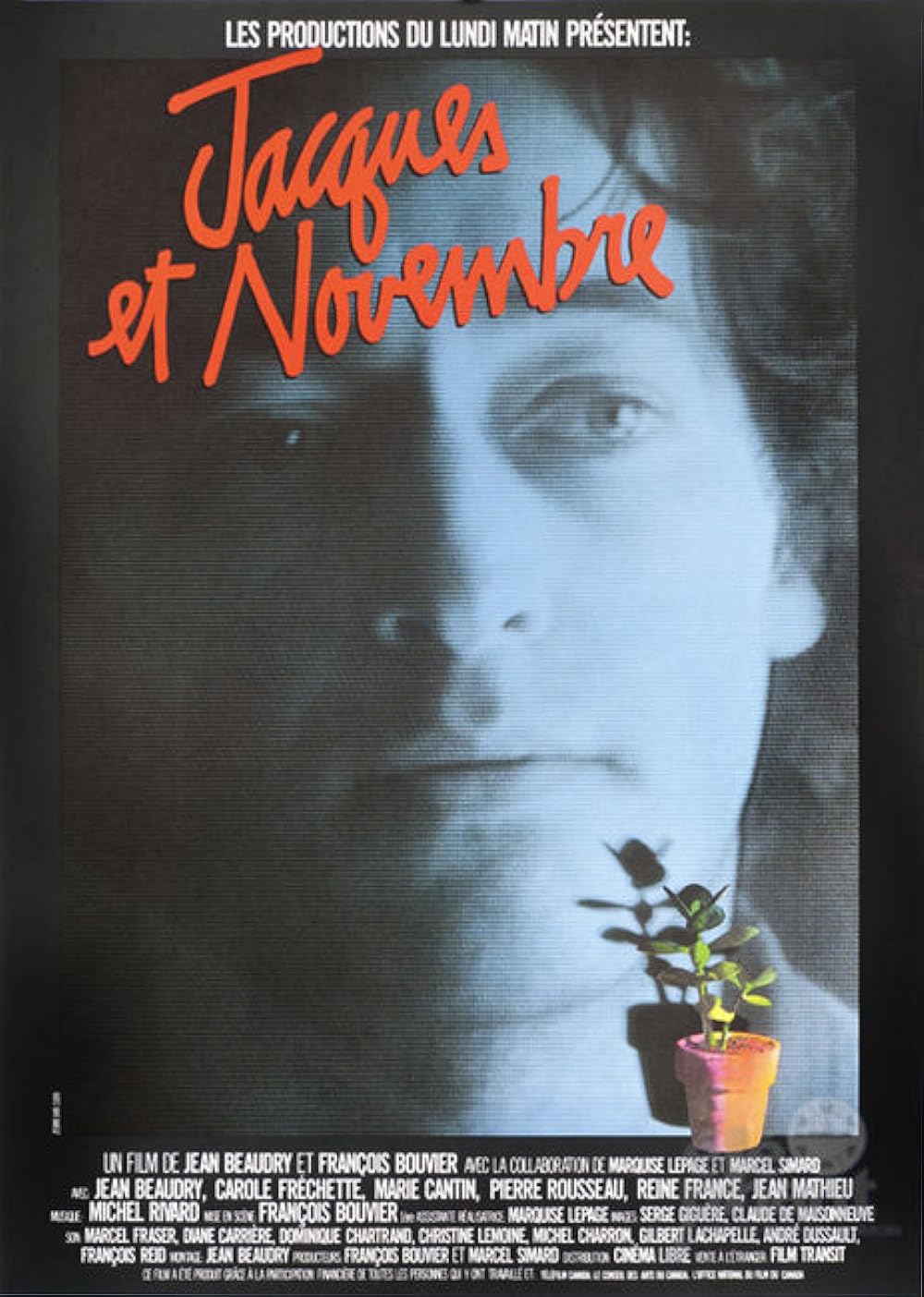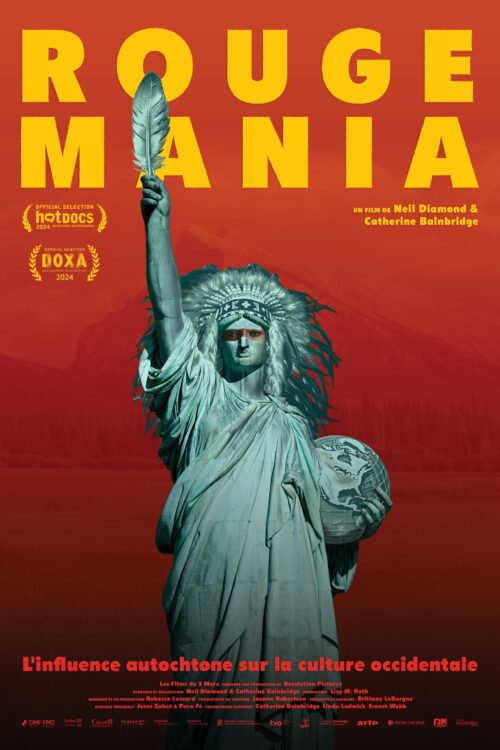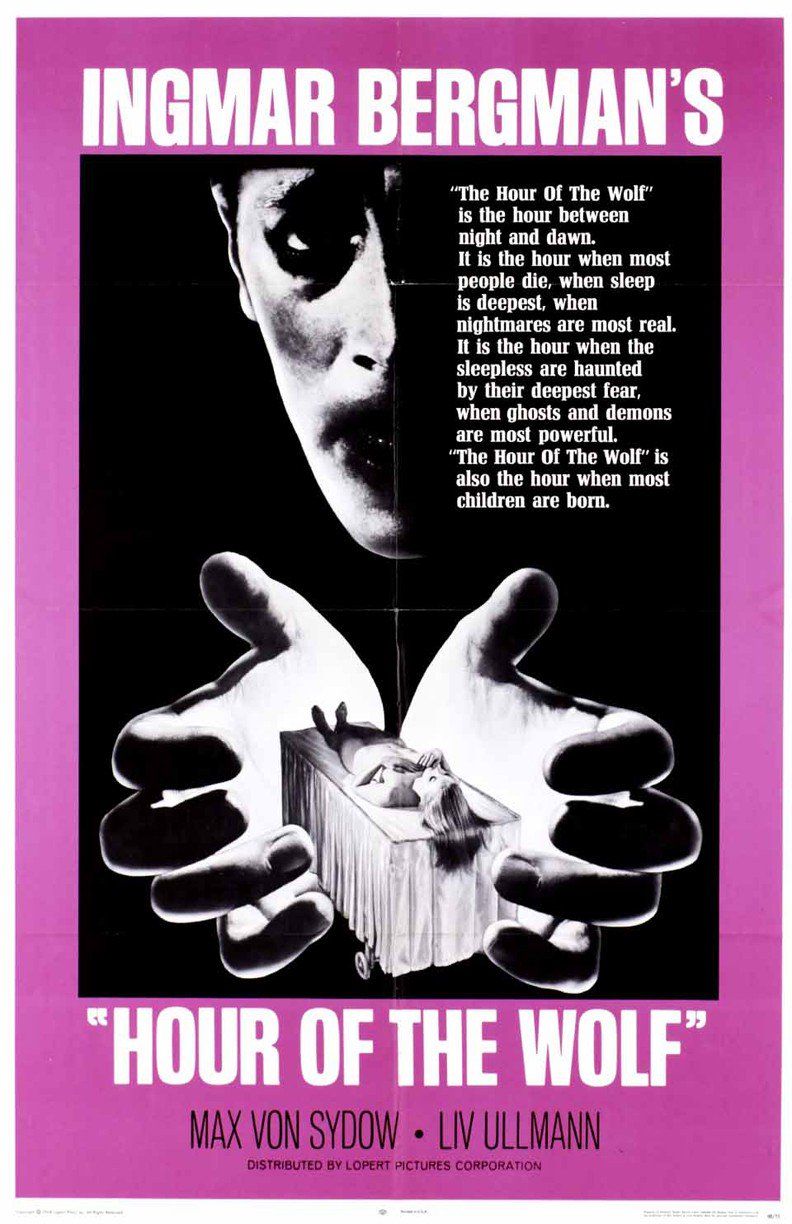Maricoquette qui a ni chaud ni frette + Oscar Thiffault : Ah! Ouigne in hin in!
Quebec's Digital Cultural Plan has allowed us to deploy a program to digitize works from Quebec's audiovisual heritage. Since 2018, the Cinémathèque has digitized and restored around forty independent films. At the beginning of the month, Michel Moreau's humorous documentary on the lottery phenomenon, Le million tout-puissant, will be presented. Then, to celebrate Quebec's National Day, we present two films that delve into Quebec's musical folklore: Maricoquette qui a ni chaud ni frette, an animated short based on a song collected by oral tradition historian Luc Lacourcière; and Oscar Thiffault, a portrait of the author and performer of Rapide blanc, a song composed in 1954 while he was working at the Hydro-Québec dam of the same name.
This independent film, directed by Mitsu Daudelin, Estelle Lebel and Rachel Saint-Pierre, is typical of the activist production of the period. Based on a traditional oral story, it humorously denounces poverty and precariousness in the form of a musical film inspired by Berthold Brecht. The ending is particularly sarcastic.

This humorous portrait of the whimsical Oscar Thiffault established Serge Giguère as a unique voice in Quebecois documentaries. Oscar is 75 years old, an almost forgotten legend with a life that tells the story of his people, their poverty and aspirations, and their love of a good time. His music is a cross between traditional and country. The lyrics of his most famous tune Le Rapide-Blanc are innocently scandalous; a sing along tale about lumberjacks who are forced to leave their wives and girlfriends behind, preys to temptation and the seductive words of the stranger who comes a knocking. (Productions du Rapide-Blanc)
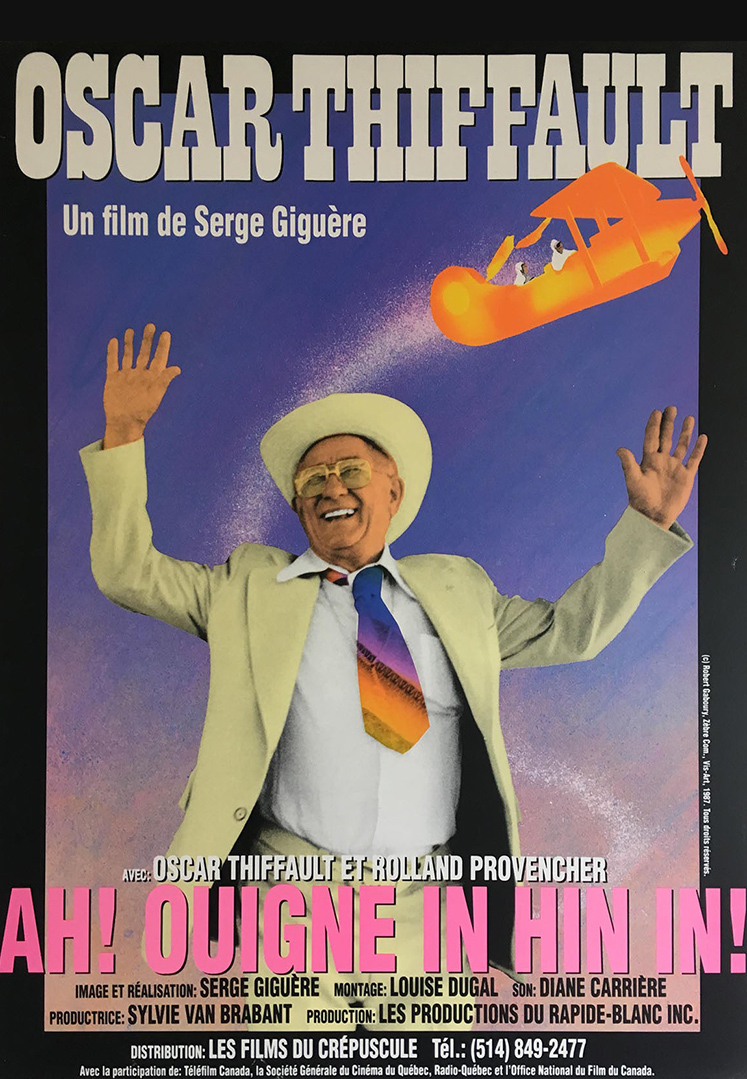
Serge Giguère
Serge Giguère is one of the leading figures in Quebec's documentary cinema over the past few decades. He was awarded the Governor General's Award in 2008 and the Prix Albert-Tessier Award in 2021. A camera assistant for Pierre Perrault, Arthur Lamothe and Jean-Claude Labrecque, he became cameraman for Gilles Groulx (24 heures ou plus), Jean Beaudry and François Bouvier (Jacques et novembre), Silvia Van Brabant (Remous; Seul dans mon putain d'univers), Maurice Bulbulian (Chroniques de Nitinaht), Carole Lagagnière (Un toit, un violon, la lune) and Lucie Lambert (Paysage sous les paupières). In 1974, he co-founded Les films d'aventures sociales du Québec with Robert Tremblay, who co-directed three films with him, including Belle famille (1978). He then directed a series of five films on some of Quebec's most popular cultural figures and the film À force de rêves (Jutra Award for Best Documentary, 2007). His most recent film, Les lettres de ma mère (2018), is one of his most inventive and personal projects.
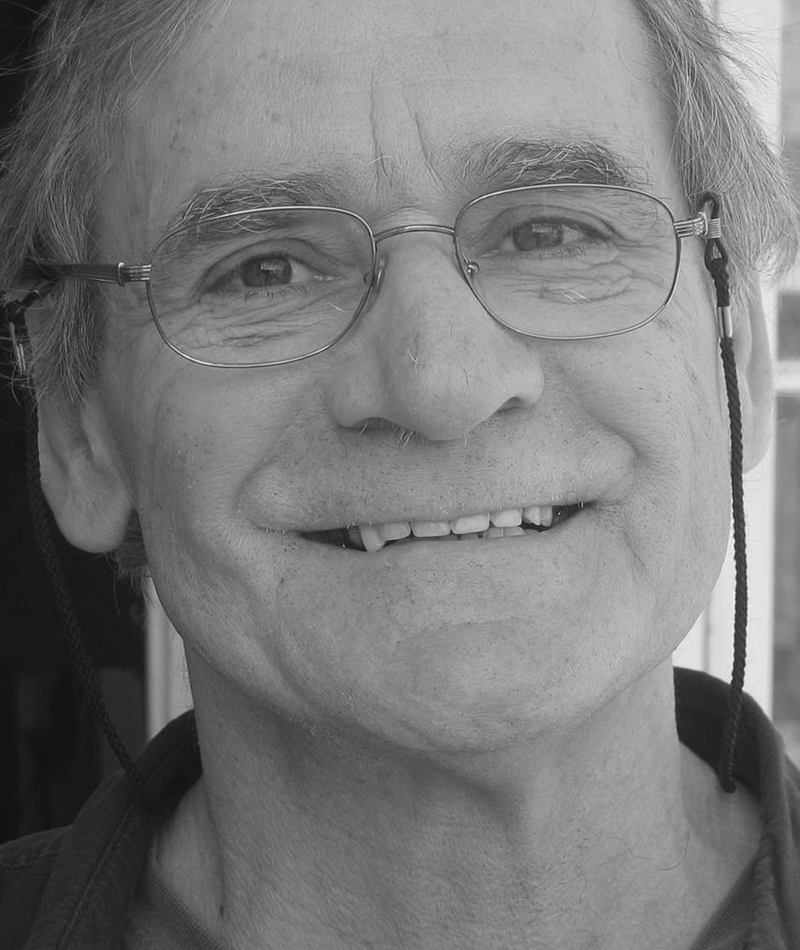
Explore
On our blog (in French)
Il y a plusieurs voies possibles à emprunter pour aborder le cinéma de Serge Giguère. L’une des plus évidentes a trait à la musique et notamment à ces deux films que Giguère réalise entre la fin des années 1980 et le début des années 1990 et que nous avons numérisé, restauré ces derniers mois : Oscar Thiffault et Le roi du drum, consacré au percussionniste et batteur Guy Nadon («le plus grand des mauvais batteurs», affirmera, pince-sans-rire, le jazzman montréalais Vic Vogel).

